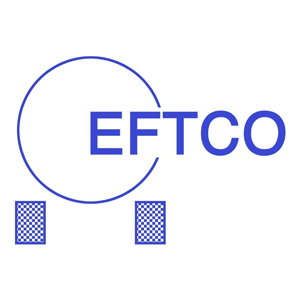The road to sustainability
HOYER is progressively expanding its fleet with LNG tractor units and CNG trucks. The firm currently has a total of 25 gas-powered trucks in use - 12 LNG and 13 CNG trucks – and the latest unit were added in August.
The reason for expanding its fleet is the considerable interest by HOYER and its industrial customers in sustainable operations. A major aim of the company is the greatest possible CO2 footprint reduction in all logistics processes.
Transport fleet
Natural gas-fuelled trucks are currently used to transport gas and petroleum products. The first unit was acquired in 2018, and other models have followed since then.
Anna Krüger, head of business development gas of the HOYER Group, explained: “We want to expand this fleet even further. Our customers are also very interested in making progress together on the topic of sustainability.
“Reducing the CO2 footprint concerns us all, which is why we also attempt to offer CNG, LNG or biofuel as alternatives wherever these are possible, sensible and available.”
Compared to diesel, engines powered by LNG emit about 10-20% less CO2 emissions, and organic LNG reduces emissions by as much as 90%. However, the service station network for alternative energies, which has still not expanded to full coverage, currently impedes the use of these trucks, although a further expansion of the organic LNG network is also expected in the near future.
Steady improvement in the service station infrastructure, together with the toll exemption still applying in Germany, strengthen the trend towards fleet enlargement in this direction – in spite of significantly higher procurement and maintenance costs compared to diesel counterparts.
Whereas LNG is used for high-power tractor units, the majority of the CNG trucks in the company are transporters in the class up to 7.5 tonnes. CNG is also a real option for short distances in heavy goods transport. A CNG tractor unit will be used for petroleum products logistics for short journeys in the Great Hamburg region.
Electrification
As well as gas-fuelled engines, HOYER also focuses on electrically-powered engines. Most of the logistics specialist’s fleet of electric stackers are fitted with lithium ion (Li-ION) technology, and are used especially for on-site logistics.
Li-ION technology eliminates costly, time-consuming battery changes, since these batteries can be given intermediate recharges, even during short work breaks. Built-in Li-ION batteries have an average lifespan of 10 years.
HOYER is also watching developments in the use of hydrogen as an energy carrier,
as procurement manager Johan Witteveen explained: “We expect that hydrogen-fuelled trucks will also play a part in future, since they operate without any emissions.
“What is not yet available, however, is their dangerous goods approval, which is essential for HOYER.”
HOYER has a firm eye on the future and is already in discussions with relevant truck manufacturers today. With over 40 years of experience in handling and transporting hydrogen, HOYER is ideally equipped for further developments
As a supplier of comprehensive logistics solutions, HOYER is regarded in the sector as an expert in handling this challenging product, and is the leader in hydrogen transport.
This completes the circle of sustainability efforts and specialist expertise in relation to gas as an energy carrier.
For more information: Visit: hoyer-group.com





